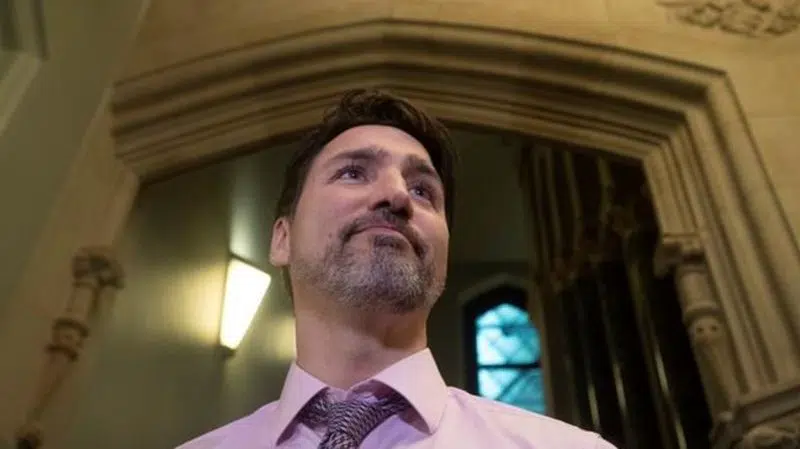
Majority of Canadians unhappy with Trudeau’s handling of blockade crisis: poll
OTTAWA — A new poll suggests Canadians weren’t happy with Justin Trudeau’s handling of the natural-gas pipeline dispute in British Columbia that led to nationwide rail and road blockades mounted in solidarity with Indigenous leaders who oppose the project.
According to the Leger Marketing survey, 61 per cent of respondents said they were dissatisfied with the way the prime minister has handled the blockade file.
The numbers also suggest most Canadians blame the federal government for the crisis that erupted after Wet’suwet’en hereditary chiefs were arrested in B.C. while trying to block the Coastal GasLink pipeline project in early February — even though the project was approved by the province.
A majority of respondents — 57 per cent — said they believe Indigenous land claims are valid and there was overwhelming support for the federal government to actively resolve them and to consult with Indigenous groups on development projects.
